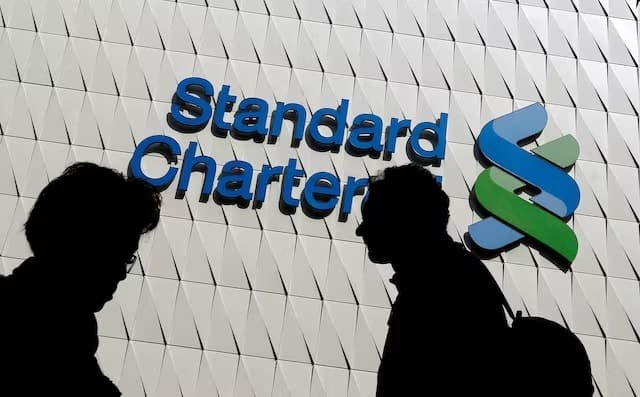In a significant legal development, Standard Chartered $1.9 Billion Lawsuit has encountered a setback in its efforts to reduce the scope of a substantial lawsuit filed by its shareholders. The London High Court’s recent decision ensures that the $1.9 billion claim against the bank will proceed in its entirety, marking a pivotal moment in the ongoing legal proceedings.
Background of the Lawsuit
The origins of this lawsuit trace back to allegations that Standard Chartered violated U.S. sanctions against Iran more extensively than it had previously acknowledged. Over 200 investors have come together to file a claim against the bank, asserting that between 2007 and 2019, Standard Chartered made false statements regarding its compliance with these sanctions. This legal action follows the bank’s 2019 agreement to pay $1.1 billion to U.S. and British authorities to settle charges related to sanctions breaches. Despite this settlement, the investors contend that the bank’s non-compliance was on an “industrial scale,” surpassing the admissions made to regulators.
Standard Chartered $1.9 Billion Lawsuit: Legal Maneuvers
In response to the lawsuit, Standard Chartered sought to dismiss claims brought by approximately 950 investors, which represented nearly £762 million (about 49%) of the total lawsuit value. The bank’s legal team referenced a precedent from a similar case involving Barclays, where a significant portion of the claims was dismissed. However, the High Court rejected Standard Chartered’s application, with Judge Michael Green ruling that the entire case should proceed to trial, scheduled for October 2026.
Implications of the Court’s Decision
The court’s decision to allow the full lawsuit to proceed has several implications:
- Legal Precedent: This ruling may influence future cases involving financial institutions and their compliance with international sanctions, setting a precedent for how courts handle similar allegations.
- Investor Confidence: The outcome of this lawsuit could impact investor confidence in Standard Chartered, potentially affecting its stock performance and market reputation.
- Regulatory Scrutiny: A comprehensive trial may bring to light further details about the bank’s operations and compliance measures, possibly leading to increased regulatory scrutiny.
Standard Chartered’s Position
Standard Chartered has firmly rejected the allegations, maintaining that the claims are without merit. A spokesperson for the bank stated, “Whilst we acknowledge today’s decision, we regard this claim as being without merit and will continue to vigorously defend the allegations as the claim proceeds to trial.” The bank remains steadfast in its defense, expressing confidence that the High Court will conclude that it fully complied with its reporting and disclosure obligations during the relevant period.
This lawsuit is not the first time Standard Chartered has faced legal challenges related to sanctions compliance. In 2012, the bank paid $667 million to U.S. authorities under a deferred prosecution agreement for similar violations. The 2019 settlement extended this agreement by two years, with the bank admitting to further breaches. These recurring issues underscore the complexities and risks financial institutions face in navigating international sanctions regimes.
Broader Industry Implications
The financial industry has witnessed several high-profile cases where banks have been penalized for sanctions violations. These cases highlight the critical importance of robust compliance programs and the potential consequences of lapses, including substantial financial penalties and reputational damage. Financial institutions must remain vigilant and proactive in ensuring adherence to international laws and regulations to mitigate such risks.
Conclusion
The High Court’s decision to allow the $1.9 billion lawsuit against Standard Chartered to proceed in full marks a significant development in this ongoing legal saga. As the case moves toward trial in October 2026, it will be closely watched by investors, regulators, and industry observers. The outcome may have far-reaching implications for Standard Chartered and the broader financial sector, particularly concerning compliance with international sanctions and the legal responsibilities of financial institutions.


